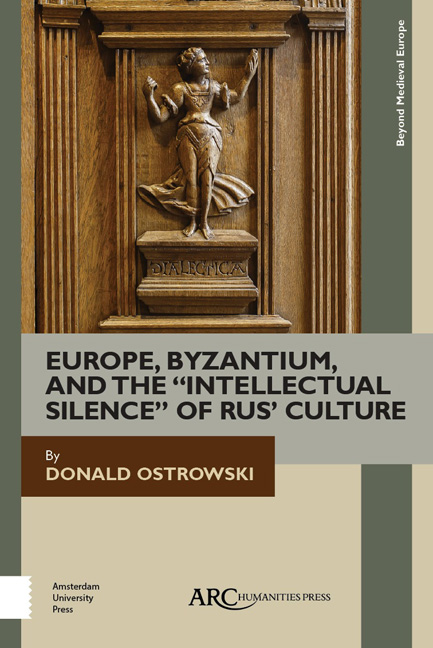2 - Neoplatonism, East and West
Published online by Cambridge University Press: 06 January 2021
Summary
Neoplatonism conceptualized the material world as emanating from the ultimate reality— the One— through the spheres of Divine Intellect and Divine Soul. This model viewed the One as a thing-unto-itself, unknowable except in a negative sense of what it was not (apophasis); posited a Divine Intellect, which emanated from the One and in which the ideal and eternal forms existed; and saw our souls as immortal and as connected to the Divine Soul, which acted as intermediary between the eternal forms in the Divine Intellect and the imperfect manifestations of those ideal forms in the material world. Wallis has stated that “a survey of Neoplatonism's influence threatens to become little less than a cultural history of Europe and the Near East down to the Renaissance, and on some points far beyond.” One of the reasons for this is that, in both the Eastern and Western Churches, the Neoplatonists, at least until the twelfth century, were studied more than Plato. In the Eastern Roman Empire, the writings of Plato were known directly to the scholars of the Neoplatonic Academies, but the Academy in Athens was closed down by the Emperor Justinian in 529 and the one in Alexandria was taken over by the Muslims in 641. In the Western Church, Plato was known in a direct way solely through Chalcidius's fourth-century translation of the Timaeus, the only one of Plato's works available in Latin until the twelfth century, and even that was incomplete. In contrast, the writings of Neoplatonists were known more or less widely in Western Christendom through Latin translation.
The American historian of philosophy R. Baine Harris (1927−2013) asserted that “Greek Christianity has always been more Neoplatonic than Latin Christianity [has].” Harris attributed this difference to the influence of Origen (184/ 5−253/ 4), who, “[a] lthough he could not officially be labeled a Neoplatonist, … had quite similar views which also got into the thought of other important Greek Church Fathers such as the Cappadocians, Basil [of Caesarea], and the two Gregories [i.e., Gregory of Nyssa and Gregory of Nazianzos]— all of whom where [sic] taken seriously in Byzantine Christianity.” It might not be a question of one being more Neoplatonic than the other but of the different amalgamations resulting from the different “flavours” of Neoplatonism.
- Type
- Chapter
- Information
- Publisher: Amsterdam University PressPrint publication year: 2018



